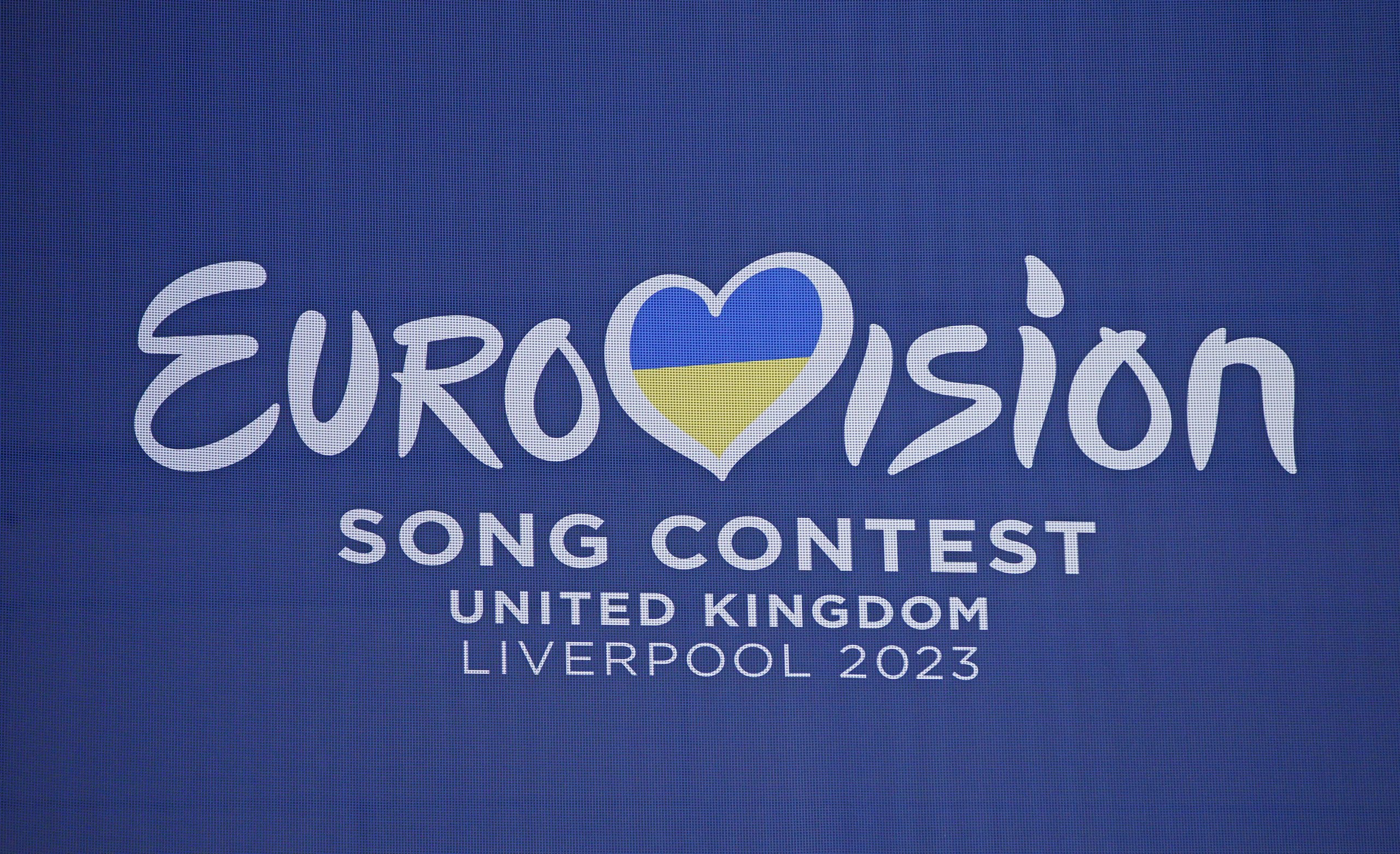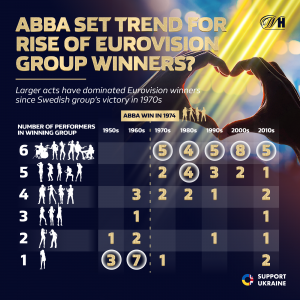Sport
Eurovision: ABBA responsible for rise of group winners?

ABBA’s Eurovision victory in 1974 may have been the catalyst for the dominance of group performances in the competition since the 1970s, according to research from William Hill.
When the Swedish pop group romped home to win the 1974 edition in Brighton with their well-known single “Waterloo”, it was one of the first times an act with six performers (including instrumentals) had tasted success in the competition.
In fact, in the previous two decades combined, no act with more than four performers was ever able to bring home the crown, with a whopping seven out of 13 winners in the 1960s (including joint winners) just made up of a single man or woman in the routine:

That trend began to change dramatically after ABBA’s famous performance in Brighton with a remarkable 32 of 40 subsequent winners between 1980 and 2020 including acts consisting of five or six performers. With this group consisting of two male and two female singers, it showed that a large group with strong vocal harmonies and an engaging stage presence could win the competition.
The success of ABBA and other groups also encouraged more diverse musical styles in the competition. While Eurovision had previously been dominated by ballads and more traditional music, groups like ABBA brought a more contemporary pop sound to the competition, which proved to be highly popular with audiences and voting panels. This cultural shift paved the way for a more diversified range of genres and helped to expand the audience for the competition beyond its traditional fan base.
With plenty of routines in this year’s edition containing acts with several performers, be sure to check out all the latest Eurovision betting odds at William Hill before Saturday’s Grand Final.







